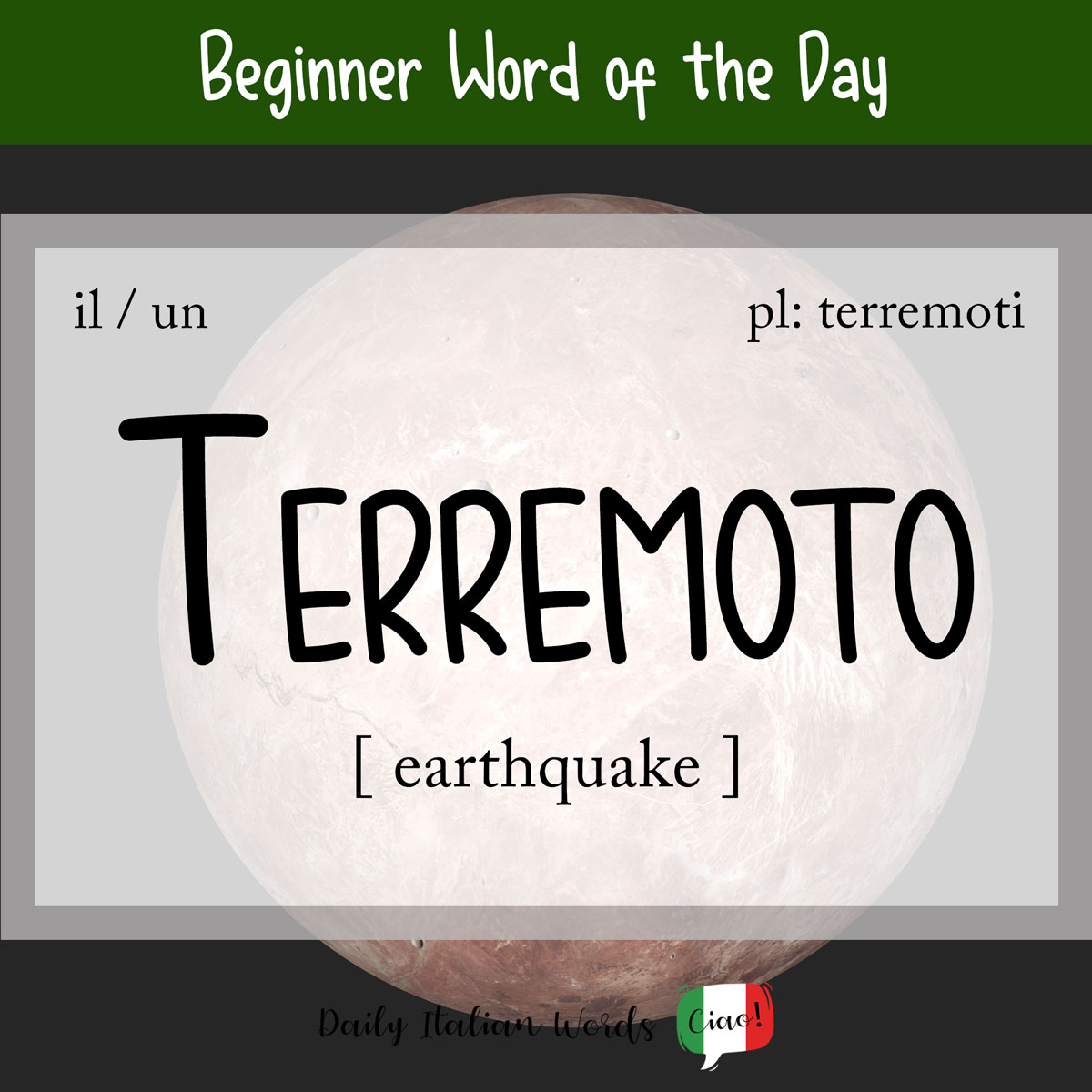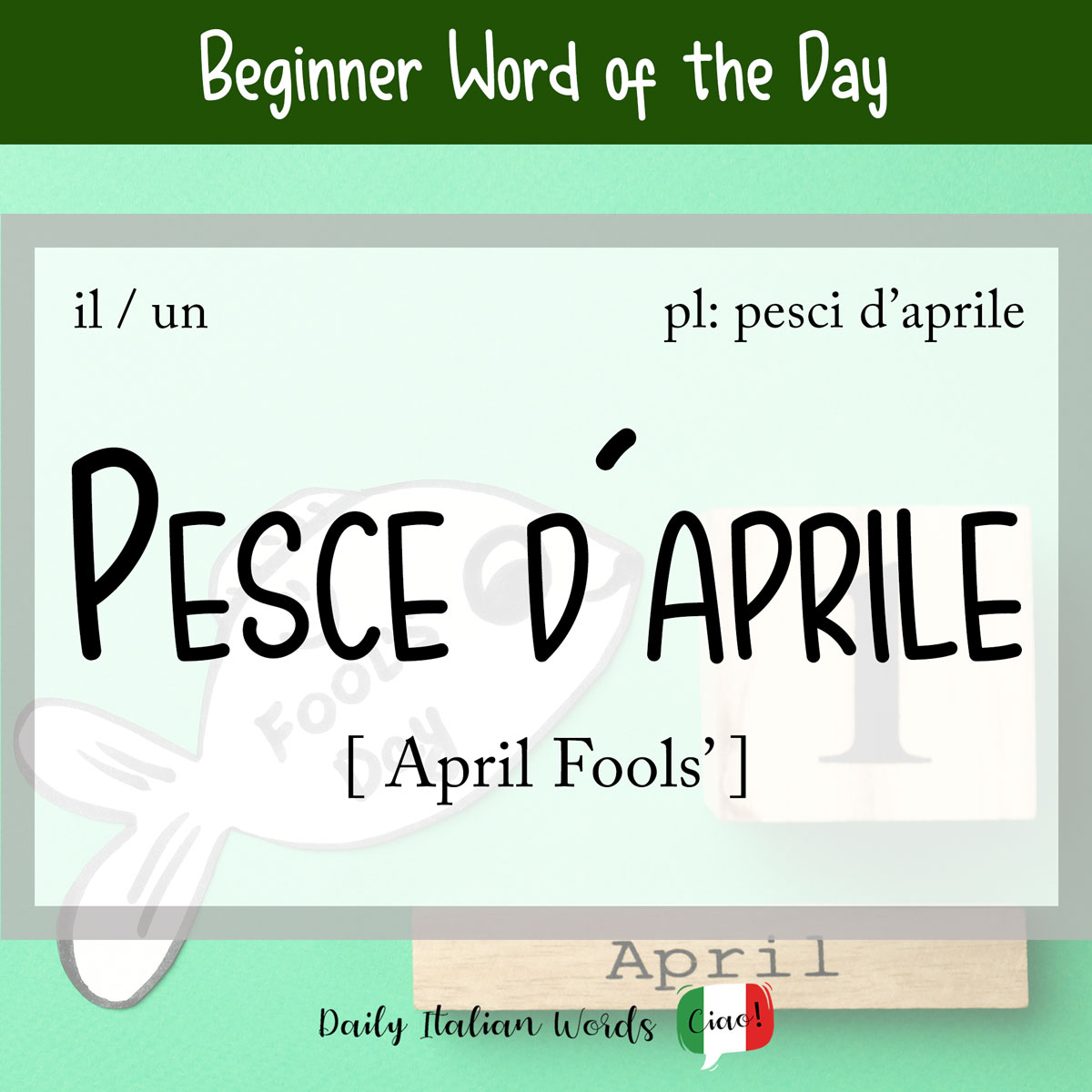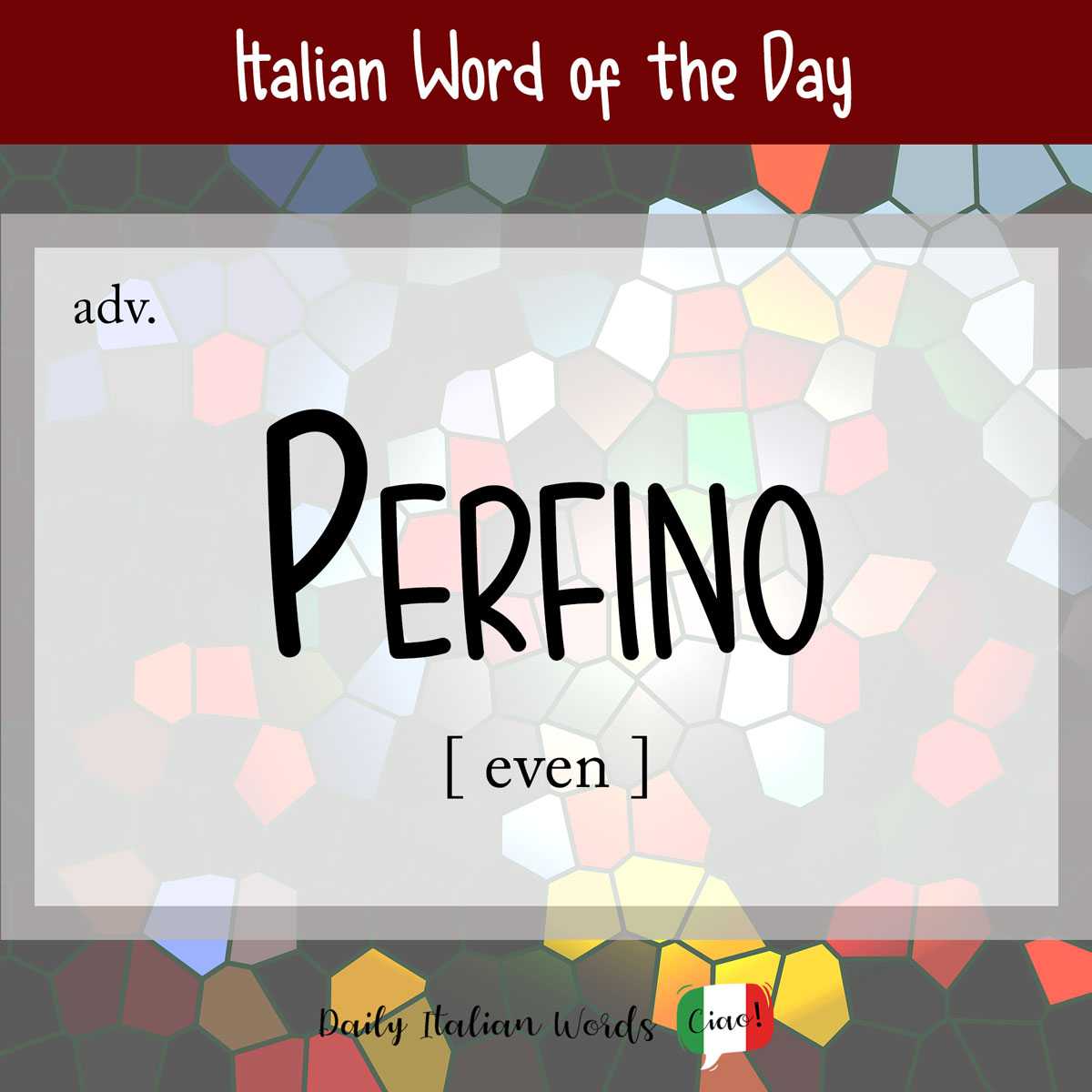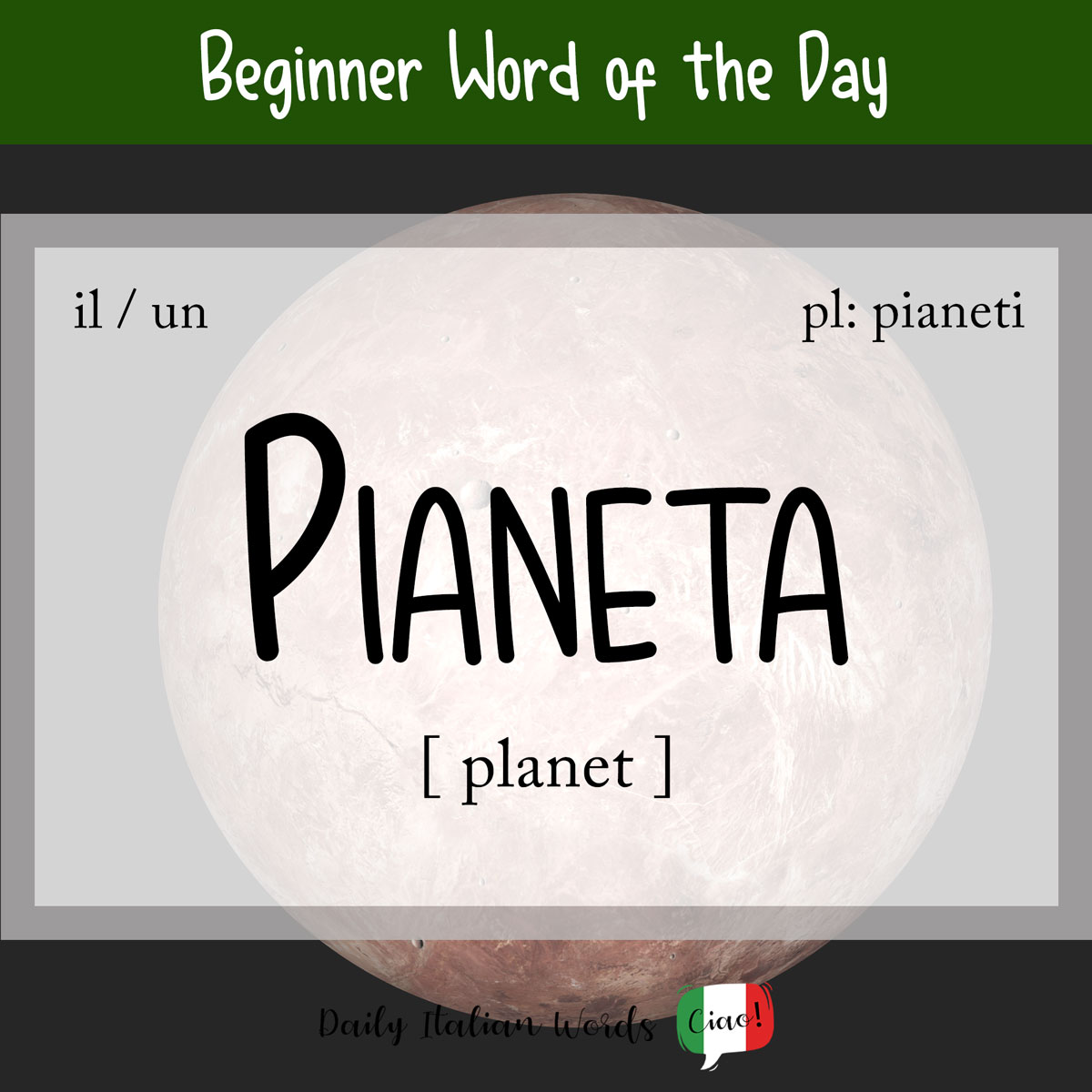Italian Word of the Day: Verità (truth)
The Italian word for truth is verità and it is feminine. Like all nouns ending in an accented à in Italian, the ending of the word does not change in its plural form (i.e. truths = verità). It derives from the Latin veritas and is related to English words such as verity and verify. Learn …






